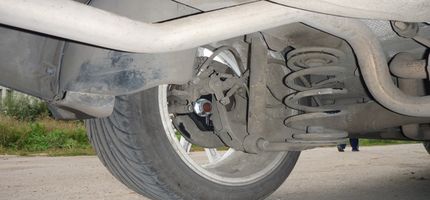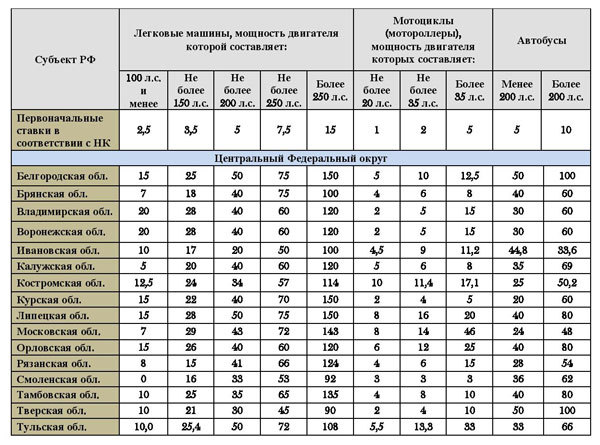
Noise in the car while driving
A car is a complex well-coordinated mechanism, while everything is fine in it, then the driver does not even listen to the noise of the engine, because modern engines work quietly and rhythmically. However, as soon as some extraneous sound appears, you should be alert - extraneous noise indicates various large or small malfunctions.
Noises are very different and it can be very easy to find their cause, for example, if the seal is loose, then the glass can knock. Such a knock is usually very nerve-wracking. To get rid of it, it is enough to insert some object between the glass and the seal - a folded piece of paper, or close the window tightly.

However, some noises can appear very unexpectedly, and the driver experiences a real shock because he does not know what to expect from his car. Also, sometimes vibrations can appear that are transmitted to the steering wheel, pedals, pass through the entire body of the machine. Vibrations can affect the overall stability of the vehicle. As a rule, they arise from the fact that the pillows on which the engine is installed have burst, vibrations pass through the entire body, the engine begins to sway from side to side and at the same time controllability decreases. This problem can be solved only in the service station by replacing the engine mounts.
Vibrations can also occur when the drive wheels are out of adjustment.
The imbalance adversely affects the steering, silent blocks and steering rack, and the entire suspension system also suffers. The steering wheel begins to “dance”, if you release it, then the car does not adhere to a straight course. The only correct solution in this case is a speedy trip to the nearest tire shop for diagnostics and wheel alignment. Also, in cases where tires are out of season, such as winter tires in summer, tires can make a hum when driving on asphalt. It is necessary to monitor the pressure in the tires, because stability is disturbed from its fall and vibrations appear on the steering wheel.
If you deal with incomprehensible hum, noises and knocks that often frighten drivers, then there are a lot of reasons for this behavior.
If for no reason at all you suddenly heard a dull thud, as if someone was knocking wood on metal, then most likely this indicates that the piston has worked out its own and a crack has appeared in it.
If you do not take action, the consequences can be the most deplorable - the piston will break into small pieces that will damage the cylinder block, connecting rods, the crankshaft will jam, the valves will bend - in a word, serious material costs await you.
If, due to poor assembly, the connecting rod or main bearings of the crank begin to shift or ride up, then a “gnawing” sound will be heard, which will become higher and higher as the speed increases. Crankshaft failure is a serious problem. Such sounds may also indicate that oil is not supplied to the crankshaft plain bearings - this threatens to overheat the engine and deform.
Similar sounds can also be heard in the event of wear on any of the ball or roller bearings - wheel bearings, propeller shaft bearings, bearings in the gearbox or in the engine. These sounds are very unpleasant for the driver's hearing and do not bode well, especially since it is not always easy to identify which bearing has flown. If the oiler is clogged, through which the bearing is lubricated, then a whistle will be heard first, and then a rumble.
If the alternator belt is loose or its service life is running out, then a whistle is heard.
It is advisable to replace the timing belt as soon as possible, especially if you are driving a VAZ, bent valves and broken cylinders are not the most pleasant surprise for the driver.
If the engine starts to emit a tractor roar instead of a quiet sound, then this indicates problems with the camshaft.
Adjusting bolts give a small gap, but it will not last long, so you need to go to the diagnostics faster and prepare money for repairs.
The engine begins to knock even in the case when the piston rings do not cope with their work - they do not remove gases and oil from the cylinders. This can be determined by the characteristic black exhaust, dirty and wet spark plugs. Again, you will have to remove the head of the block, get the pistons and buy a new set of rings.
Any extraneous sound in any system - exhaust, chassis, transmission - is a reason to think and go for diagnostics.
Loading…
